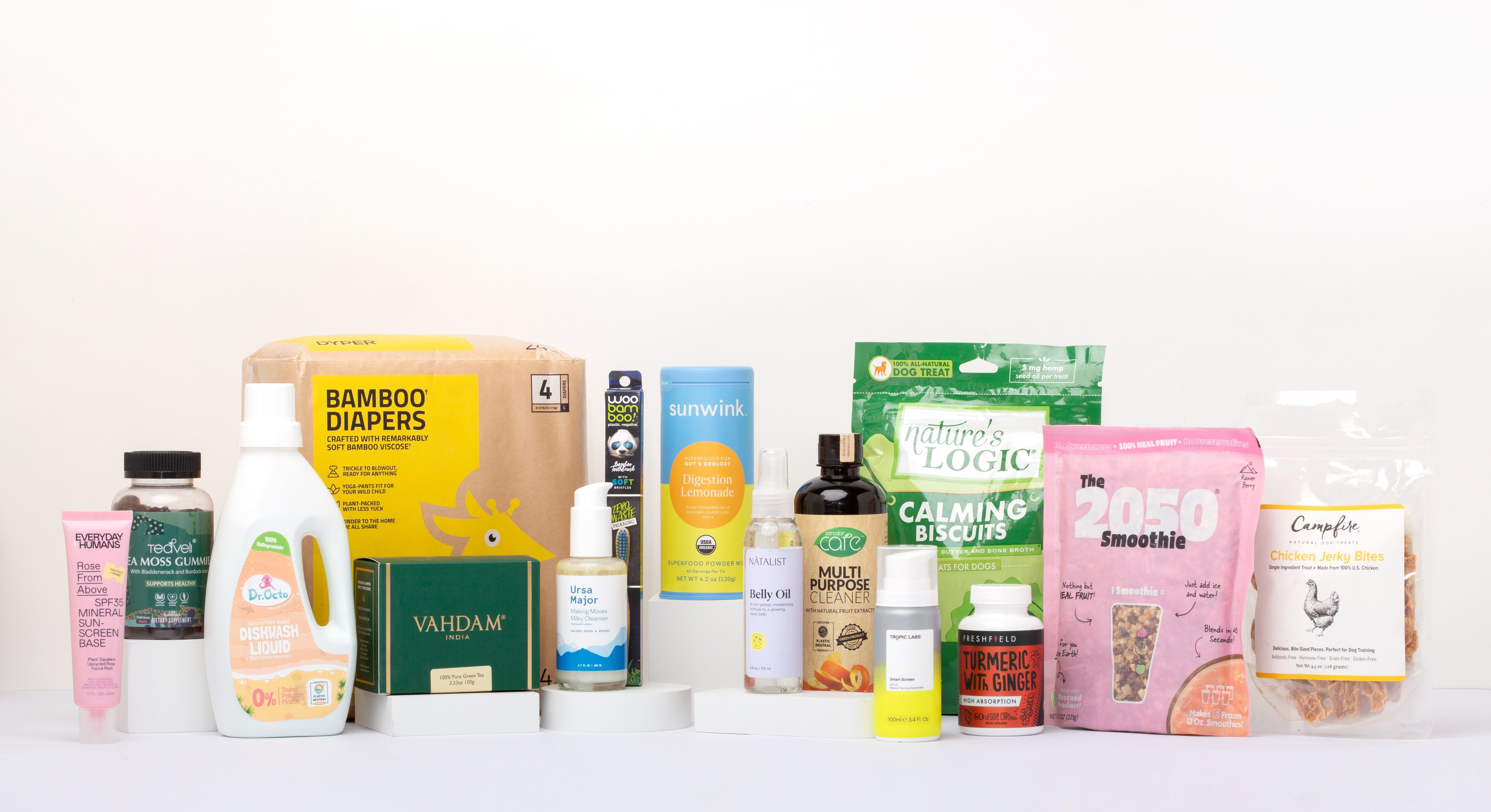EPR Foundations: What is the Circular Action Alliance?
Learn how the Circular Action Alliance (CAA) supports producers in complying with Extended Producer Responsibility (EPR) laws. As a Producer Responsibility Organization, CAA helps businesses manage packaging waste, navigate state-specific regulations, and streamline reporting. Understanding its role is key for companies aiming to align with sustainability goals while meeting compliance requirements.
Extended Producer Responsibility (EPR) for packaging is a policy approach that holds producers accountable for the entire lifecycle of their products, especially the end-of-life stage. In the United States, EPR aims to shift the financial and operational burden of waste management from municipalities to the producers themselves. This encourages companies to design more sustainable packaging, reduce waste, and improve recycling rates.
For sustainability managers, compliance managers, and brand managers at small to medium-sized Consumer Product Goods companies, understanding EPR is crucial. It not only helps in meeting regulatory requirements but also aligns with growing consumer demand for environmentally responsible products. By adopting EPR principles, companies can enhance their brand reputation, reduce environmental impact, and potentially lower costs through more efficient resource use.
Implementing EPR involves several key steps:
- Design for Environment (DfE): Creating packaging that is easier to recycle or compost.
- Take-back Programs: Establishing systems for consumers to return used packaging.
- Financial Contributions: Paying fees that support recycling and waste management infrastructure.
By embracing EPR, companies can play a pivotal role in driving the shift towards a more sustainable and circular economy.
Circular Action Alliance Decoded in Simple Terms
The Circular Action Alliance (CAA) is a pivotal organization within the framework of Extended Producer Responsibility (EPR) for packaging in the United States. It serves as a Producer Responsibility Organization (PRO) that aids producers in complying with EPR laws, which mandate that companies manage the lifecycle of their packaging materials, from production to disposal.
The CAA offers a comprehensive suite of resources and support for Producers. This includes guidance on state-specific EPR laws, registration requirements, and reporting tools. The CAA also provides educational forums, webinars, and onboarding sessions to help producers understand and meet their regulatory obligations.
Learn more about the role of a Producer Responsibility Organization here.
Getting Started: EPR Compliance Resources for SMEs
The EPR compliance hub from rePurpose Global can automate in 1-click what would otherwise take you over 3 months of manual effort. It quickly compiles CAA reports, estimates fees and tax liabilities, and keeps you updated on emerging regulations, including Labeling laws, PCR mandates, and 90+ Packaging Regulations in North America. With Oregon's reporting deadline on March 31st, immediate action is crucial to avoid financial penalties. Reach out to us for a stress-free, reliable solution.
Get Started with Verified Plastic Recovery for your Brand
Get Started with Packaging EPR Compliance for your Brand
rePurpose Global is here to support your sustainability roadmap with impactful and measurable Plastic Action solutions that deliver immediate results. Partner with us to measure your plastic footprint, fund plastic waste recovery, and create strong sustainability messaging for your brand.
Talk to our team to explore how we can work together.
rePurpose Global's EPR compliance platform is here to support you in preparing for the upcoming regulations in multiple states in the US and comply with no errors. Partner with us to create detailed assessment reports, pre-empt fees and reduce time & cost involved in the process.
Talk to our team to explore how we can work together.

Related Posts
EPR Foundations: Who is a Producer?
Know who qualifies as a "Producer" under Extended Producer Responsibility (EPR) laws. Producers include manufacturers, importers, and private-label retailers responsible for packaging waste. They must register, report packaging data, and pay fees to fund recycling programs. Understanding producer obligations ensures compliance with regulations in states like California, Colorado, and Oregon.
EPR Foundations: What are Exclusions?
Overview of Extended Producer Responsibility (EPR) for packaging in the U.S., explaining how it holds producers accountable for the entire lifecycle of their packaging. This article breaks down state-specific exclusions, using Oregon as a case study, and highlights key compliance resources for small and medium-sized businesses.
Unique Challenges SMBs Face in EPR Compliance
SMBs struggle with EPR compliance due to limited resources, complex regulations, and packaging challenges. This article dives into how to overcome these challenges and ensure that your brand successfully navigates this new paradigm.




.png)

.png)







